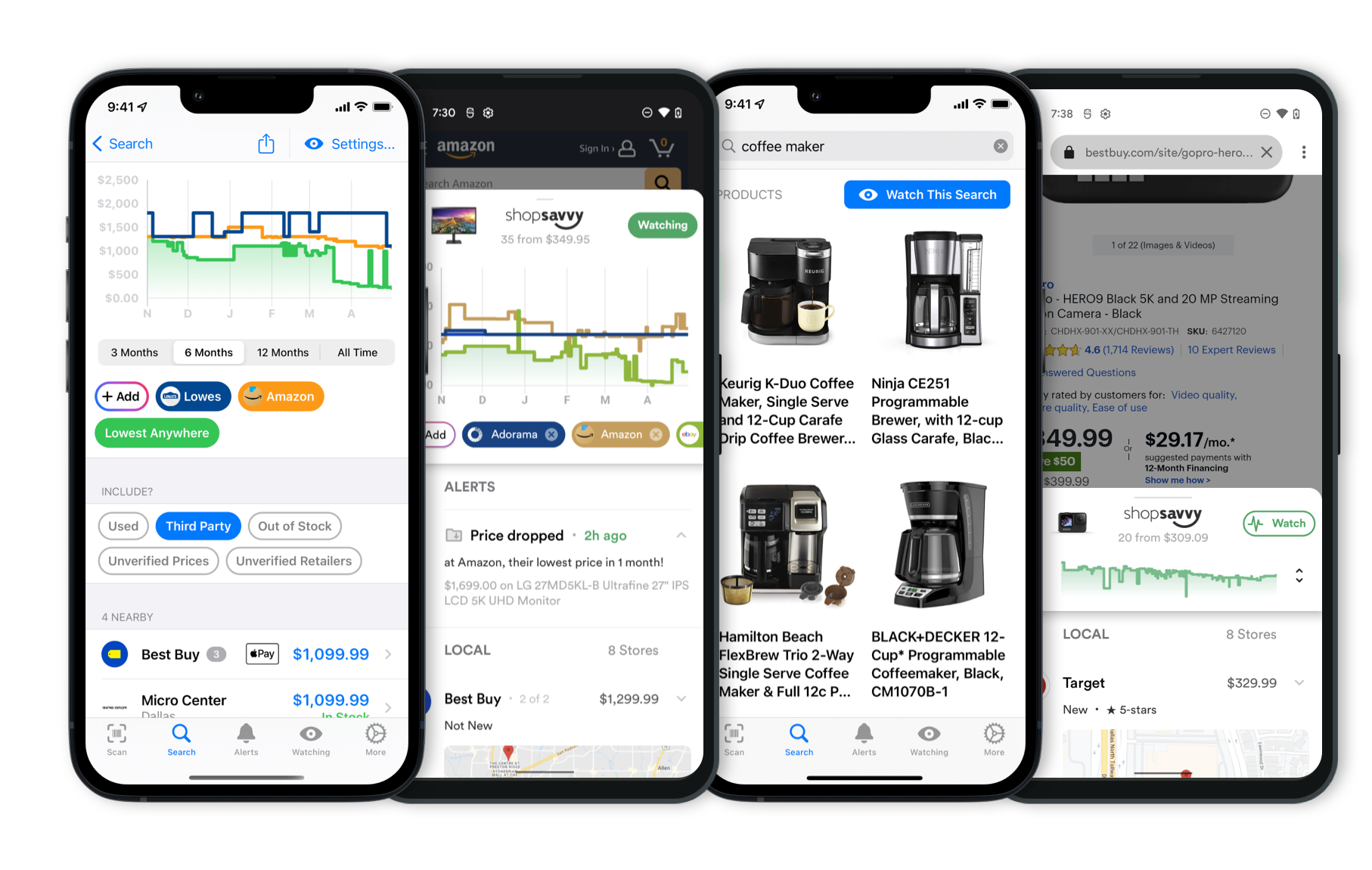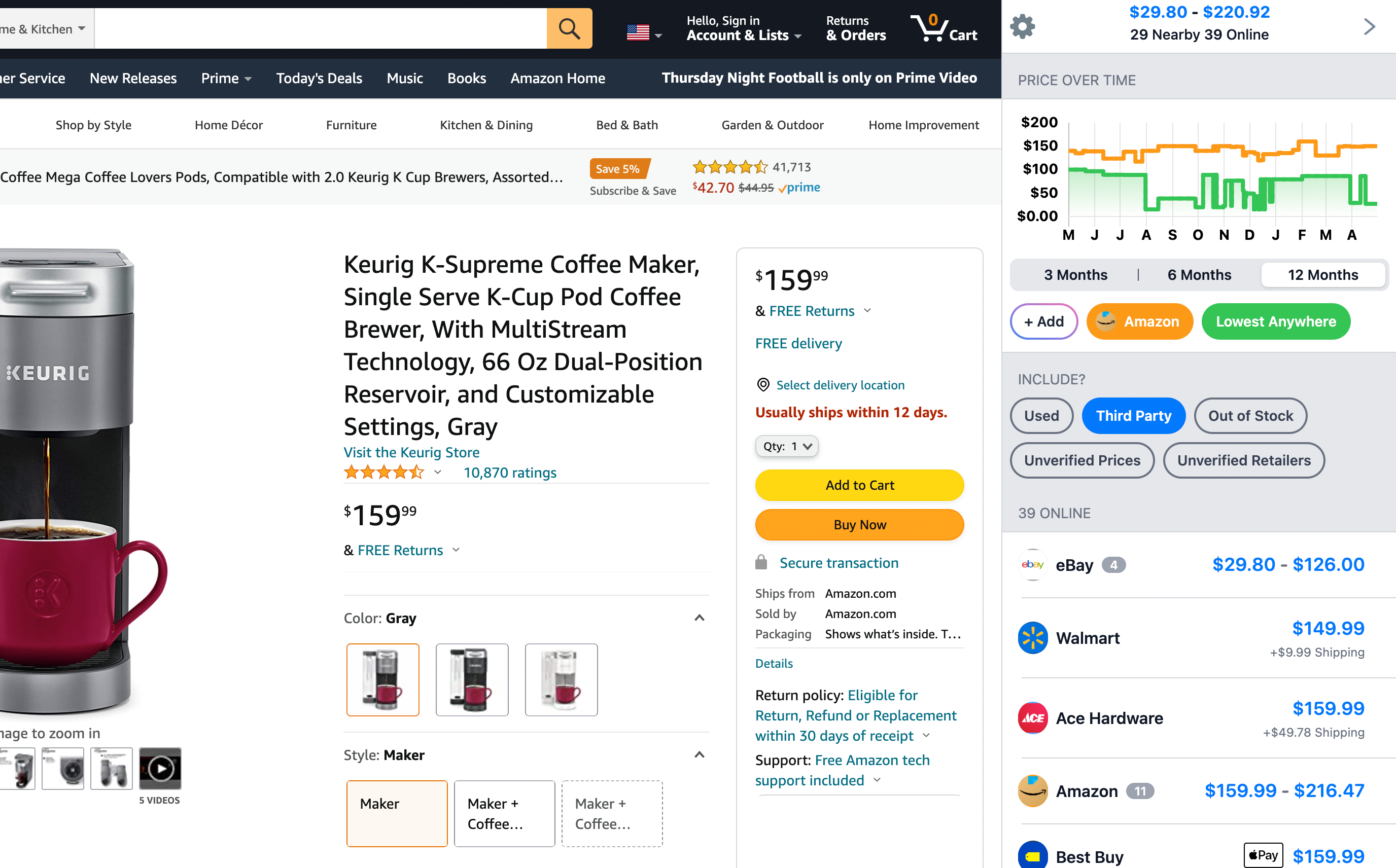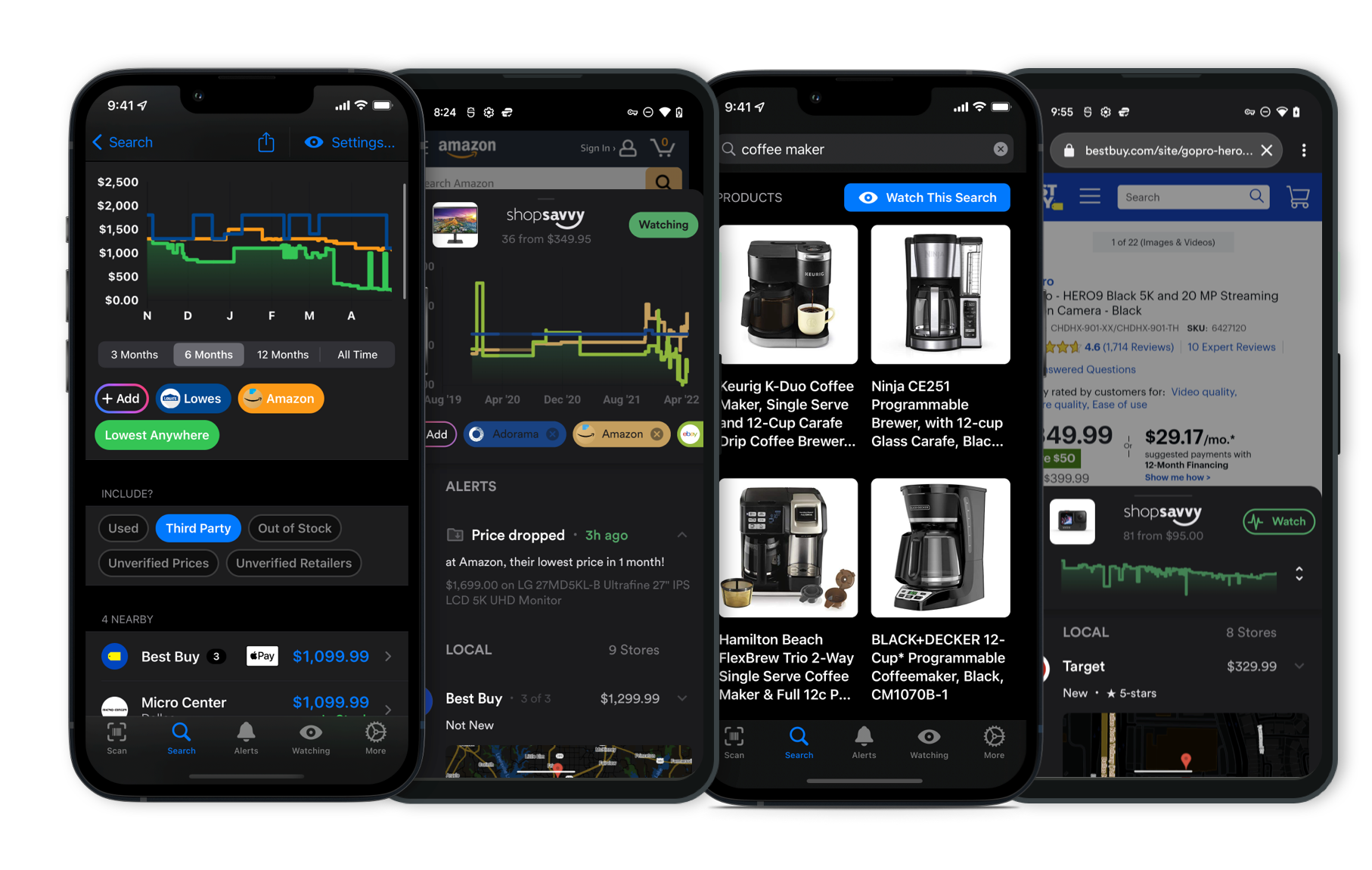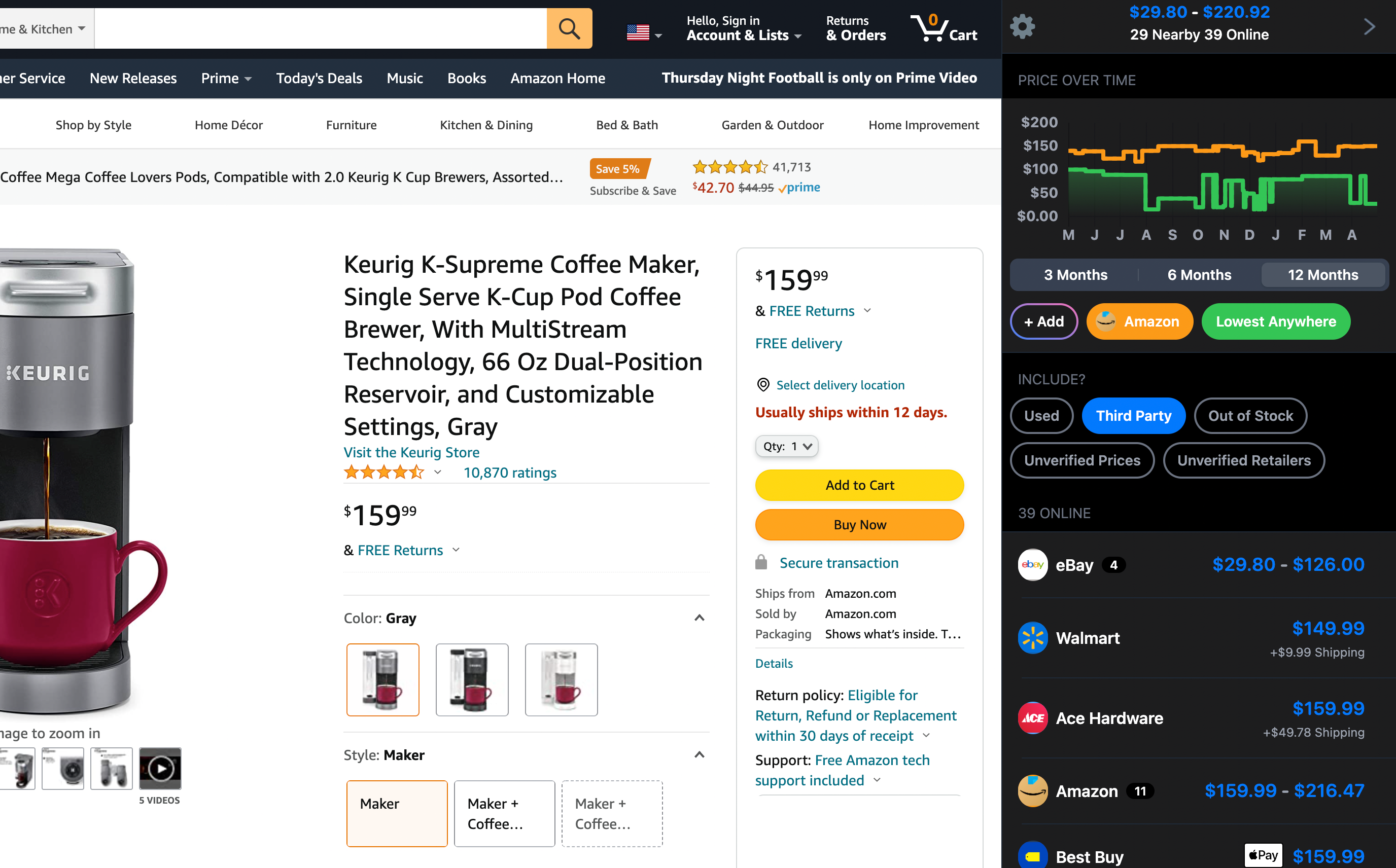
The Bouncer Inline Beer Filter (Classic) is pretty popular with home brewers because it helps remove stuff like trub and hop particles from your beer, which can really improve its clarity and taste.
The cool part is, you don't need to use additives or cold crashing techniques with it. The manufacturer says you can use the filter at different stages, like when you're moving beer from the kettle to the fermenter, from the fermenter to the keg, or even after the tap to get that final polish.
From what we've gathered, a lot of folks appreciate how well it keeps sediment out during beer transfers, especially when kegging.
One person mentioned how sturdy the filter feels and how it helps reduce clogging, which makes the transfers smoother. Another brewer highlighted the benefits of using an extra screen kit, especially for hop-heavy IPAs, to keep those pesky sediments out of the keg.
That said, there are a few things to keep in mind. It's a bit small, so if you've got a beer with a lot of particulates, it might clog up faster than you'd like.
People have suggested using finer mesh screens or perhaps a secondary filter before using the Bouncer to get the best results.
Also, if you're working with a brew that's packed with sediment, you might have to pause occasionally to clean and sanitize the filter to keep things flowing smoothly.
In short, the Bouncer Inline Beer Filter is known for being durable and easy to use, though its effectiveness can depend on what you're brewing and if you're using other filtration methods too.
Just make sure to follow the setup instructions and be ready to deal with potential clogs, and it should work well for you.
It's a solid piece of equipment if you keep these things in mind.
Considering the Bouncer Classic Beer Filter?
Here's our "TLDR" Review
 Download ShopSavvy App
Download ShopSavvy AppCompare prices for anything in real-time, set price alerts, watch for deals by keyword, and much more
 Install ShopSavvy Browser Extension
Install ShopSavvy Browser ExtensionCompare and track prices automatically while you shop online at thousands of websites.
More Answers
If you're still curious about the Bouncer Classic Beer Filter, here are some other answers you might find interesting:
Hey, cleaning and sanitizing the Bouncer inline beer filter seems pretty simple, from what we've found. The manufacturer points out that it's great at dealing with hops and other bits while keeping your brew from getting too much air, which can be really handy for brewers.
The design is sleek, which helps make the cleaning process a breeze—always a plus when you're dealing with brewing gear.
Our research shows that a lot of people appreciate how it makes cleanup after brewing much easier. It's built for quick disassembly, so you can take it apart and clean each piece thoroughly without a fuss. Just rinse it with warm water and sanitize it like you would any other brewing equipment.
If you’re brewing something heavily hopped, like an IPA, you might need different mesh sizes. The manufacturer suggests this to help prevent any clogging. The cool thing is, these meshes are also easy to clean. Just remove them, give them a good rinse, and they’re ready to use again.
For those crafting hoppy beers, having a couple of different mesh sizes can really enhance your filtering experience. This makes sure everything goes smoothly.
Most folks have positive experiences, especially how it helps produce clearer beer without leaving behind too much sediment.
Just remember to make sure it's completely dry before storing it to avoid any unwanted odors or growth. Following these maintenance steps can help you get the best out of your Bouncer filter.
Overall, it's a solid choice for its ease of use and maintaining.
The Bouncer Inline Beer Filter (Classic) comes with a range of mesh sizes, which is really helpful for homebrewers who want to tackle different impurities during brewing.
You'll typically find mesh screens that are color-coded like red, blue, and white, each designed for specific sediment sizes. This setup can be especially handy for heavily hopped brews like IPAs, where there's a lot of gunk to filter out.
Our research shows that some folks have had a bit of a mixed bag when it comes to filtering really small particles. While users like Kevin K. Bell have had good experiences using multiple screens to improve results, others, like AnonHippo, felt it didn't quite do the trick for the finer stuff.
It seems for heavier or finer sediments, the Bouncer might need a little help, like adding more mesh screens or using a pre-filter before brewing.
If you're planning to handle a lot of hop material or trub, it might be worth grabbing a few extra, finer mesh screens to ensure you get the clarity you want. Many people find that tailoring their setup with these accessories makes a big difference in performance.
Overall, the Bouncer is a solid tool for the job, as long as you tweak it a bit for the really stubborn particles. A little customization can go a long way in getting the perfect brew!
The Bouncer Inline Beer Filter (Classic) is pretty popular with home brewers because it helps remove stuff like trub and hop particles from your beer, which can really improve its clarity and taste.
The cool part is, you don't need to use additives or cold crashing techniques with it. The manufacturer says you can use the filter at different stages, like when you're moving beer from the kettle to the fermenter, from the fermenter to the keg, or even after the tap to get that final polish.
From what we've gathered, a lot of folks appreciate how well it keeps sediment out during beer transfers, especially when kegging.
One person mentioned how sturdy the filter feels and how it helps reduce clogging, which makes the transfers smoother. Another brewer highlighted the benefits of using an extra screen kit, especially for hop-heavy IPAs, to keep those pesky sediments out of the keg.
That said, there are a few things to keep in mind. It's a bit small, so if you've got a beer with a lot of particulates, it might clog up faster than you'd like.
People have suggested using finer mesh screens or perhaps a secondary filter before using the Bouncer to get the best results.
Also, if you're working with a brew that's packed with sediment, you might have to pause occasionally to clean and sanitize the filter to keep things flowing smoothly.
In short, the Bouncer Inline Beer Filter is known for being durable and easy to use, though its effectiveness can depend on what you're brewing and if you're using other filtration methods too.
Just make sure to follow the setup instructions and be ready to deal with potential clogs, and it should work well for you.
It's a solid piece of equipment if you keep these things in mind.
Explore Content
Footer 1
Published
Subscribe for Updates
Get the latest news, and updates on ShopSavvy. You'll be glad you did!




